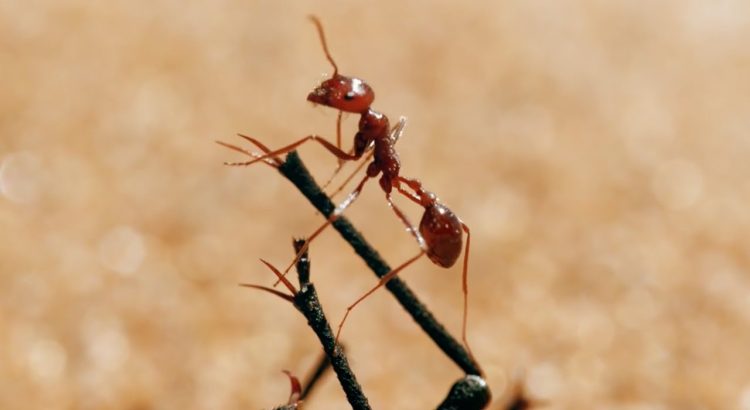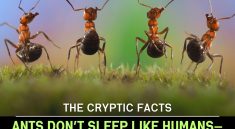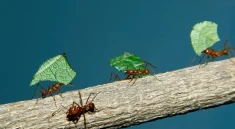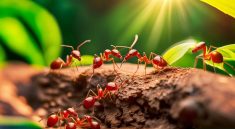Simple Machines Forum – Ants are among the most fascinating creatures in the natural world. Despite their small size, they play a crucial role in maintaining ecological balance. Ants are engineers of the micro-ecosystem, affecting soil quality, seed dispersal, and even the population of other small insects. Learning about these tiny world creatures gives insights into how complex ecosystems function on a microscopic level.
The Social Structure of Ant Colonies
One of the most remarkable features of ants is their highly organized social structure. Colonies operate with precision, dividing labor among workers, soldiers, and queens. Each ant has a specific role that contributes to the survival of the colony. Studying their organization reveals lessons about cooperation, communication, and efficiency that can even inspire human systems.
Ants and Their Role in Soil Health
Ants contribute significantly to soil aeration and nutrient cycling. By digging tunnels and moving organic matter, they help create fertile soil that supports plant growth. Their activity enhances water penetration and improves the soil structure, benefiting both natural habitats and agricultural lands. Understanding this role emphasizes why preserving ant populations is important for environmental sustainability.
Communication Within the Colony
Ants communicate through chemical signals known as pheromones. These signals help them navigate, find food, and alert others to danger. The complexity of their communication network is astonishing for such tiny insects. Researchers study these mechanisms to understand collective behavior and problem-solving in biological systems.
Ant Interactions with Other Species
Ants interact with various species in their environment, forming symbiotic relationships. Some ants protect certain insects in exchange for food, while others help disperse seeds or decompose organic material. These interactions highlight the interconnectedness of ecosystems and the critical role ants play in maintaining biodiversity.
Observing Ant Behavior in Microhabitats
Studying ants in their natural microhabitats reveals surprising behaviors. From elaborate nest-building techniques to cooperative foraging strategies, ants demonstrate intelligence and adaptability. Observations often show unexpected interactions, such as ants engaging in “funerals” for deceased colony members, which underscores the complexity of their social life.
The Impact of Environmental Changes
Environmental changes, including urbanization and climate shifts, affect ant populations and their ecosystems. Loss of habitat can disrupt colony structures and reduce biodiversity. Understanding how ants respond to these changes provides valuable information for conservation efforts and highlights the delicate balance of micro-ecosystems.
Educational Value of Studying Ants
Ants serve as excellent subjects for learning about biology, ecology, and evolution. Their small size makes them accessible for classroom observation, while their complex behaviors provide lessons in social organization and environmental interactions. Educational programs focusing on ants help students and enthusiasts appreciate the intricacies of life even in the smallest forms.
Read More: How Kent Academy Miango Is Shaping Future Leaders in Nigeria
Why We Should Care About Ants
Ants may be tiny, but their impact on ecosystems is enormous. Protecting ant habitats and understanding their behaviors is not just about studying insects—it’s about preserving the health of entire environments. By observing and learning from ants, scientists and communities can gain insights into sustainability, cooperation, and resilience in nature.
The Hidden Lessons of the Micro World
Exploring ant ecosystems reminds us that even the smallest creatures hold immense knowledge. From soil health to social cooperation, ants teach us that size does not determine significance. Paying attention to micro-ecosystems allows humans to better understand the world’s intricate balance and our role in protecting it.



